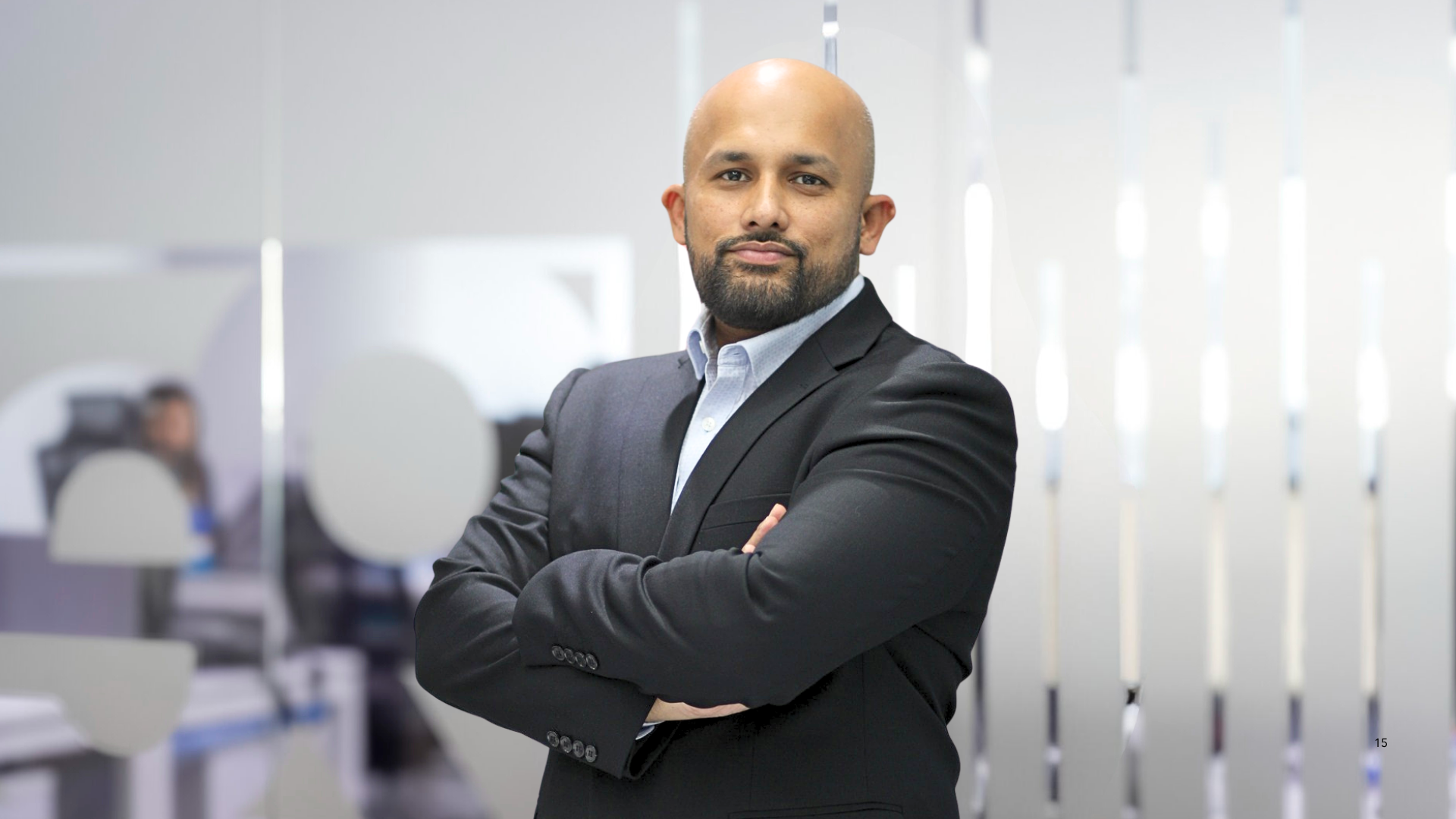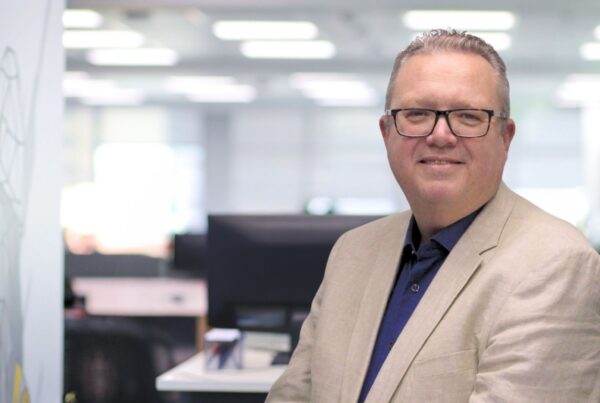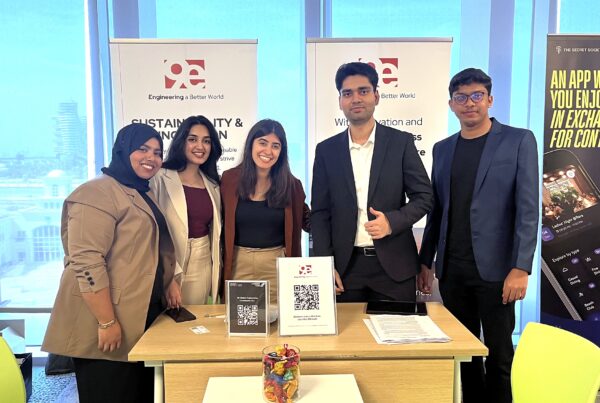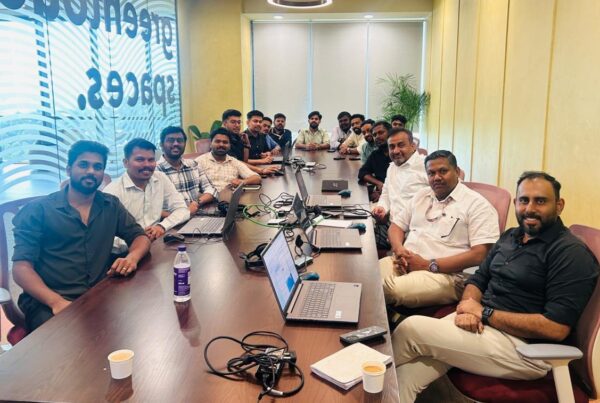Mir Abrar Sultan – Associate (Infrastructure) at 9E Global.

Engineering Journey & Professional Expertise
What initially inspired you to pursue a career in civil and infrastructure engineering, particularly in roads and highways?
From a young age, I have always been fascinated by how roads connect people and shape communities. There is something deeply meaningful about seeing how infrastructure transforms cities and improves daily life. That sense of purpose inspired me to pursue civil engineering, where I could contribute to projects that have a visible and lasting impact. Roads and infrastructure, in particular, caught my interest because they combine technical design with human connection. Every project plays a part in how people move, interact, connect, and experience their surroundings. What continues to inspire me is knowing that the work we do today will serve generations to come, helping communities grow and thrive. Civil engineering, especially in the field of infrastructure, allows me to be part of something that is both practical and transformative.
Could you share a key project or milestone in your career that had a significant impact on your technical or leadership development?
One of the most defining moments in my career was leading the design for the Arabian Ranches III project. It was a large and complex development that required managing multiple road & infrastructure networks and coordinating with different engineering disciplines. The project demanded strong leadership, detailed planning, and constant coordination with authorities to secure approvals. It challenged me to think strategically, balance design efficiency with compliance, and manage time-sensitive deliverables. Working with a diverse team taught me how to motivate people toward a shared goal while maintaining high technical standards. The experience strengthened my understanding of project management, communication, and problem-solving. It reminded me that leadership in engineering is not only about making technical decisions but also about guiding people and ensuring that every part of the process works together seamlessly.
What attracts you to working in the Middle East’s infrastructure sector, and what aspects of regional projects excite you the most?
The Middle East offers a unique opportunity for engineers because of its scale of vision and pace of development. The region is home to some of the most ambitious infrastructure programs in the world, combining modern technology with innovative urban design. What excites me most is being part of projects that redefine how cities function. Every development presents a new challenge, from integrating smart mobility solutions to designing for sustainability in harsh climates. The focus here is not just on building infrastructure but on shaping complete, future-ready cities. This level of ambition inspires creativity and continuous learning. The exposure to advanced design technologies and the collaboration between international and local expertise make working in the Middle East a rewarding experience. Every project here leaves a tangible mark on the landscape and contributes to the region’s progress.
Joining 9E Global & Industry Impact
What led you to join 9E Global, and what aspects of the company’s vision or projects appealed to you most?
I joined 9E Global because of its commitment to sustainable engineering and its vision for engineering a better world. The company stands out for its ability to combine advanced design practices with a genuine focus on long-term value creation. I was also impressed by how 9E Global encourages collaboration between its different disciplines, ensuring that every project benefits from integrated thinking. The company’s values and vision align closely with my own professional goals to deliver projects that are both technically strong and socially impactful. Joining 9E Global felt like a natural step because it provides the platform to contribute to major regional projects while continuing to grow as an engineer and leader. The emphasis on teamwork, innovation, and excellence makes it an environment where one can thrive and make a meaningful difference.
How does 9E Global align with your professional ambitions and expertise?
With more than fifteen years of experience in civil and infrastructure design, I wanted to be part of an organization that values technical excellence and continuous improvement. 9E Global provides exactly that. The company’s commitment to delivering quality engineering solutions matches my own belief that precision and foresight define good design. Working here allows me to apply my technical background while collaborating with teams that share the same drive for improvement. I also value how 9E Global promotes a culture of mentorship, where experienced professionals can guide younger engineers. This exchange of knowledge keeps the team dynamic and forward-looking. My professional ambitions have always centered on contributing to projects that improve the way cities function, and 9E Global’s approach to infrastructure perfectly reflects that vision.
Are there any upcoming projects or challenges at 9E Global that you’re particularly looking forward to leading or contributing to?
Yes, I am very much looking forward to contributing to projects focused on urban mobility and smart infrastructure. These projects are at the heart of how cities in the region are evolving, and they present a chance to apply technology and innovation to solve real-world challenges. The integration of smart transport systems, sustainable road networks, and digital design tools makes this an exciting time to work in infrastructure. I am eager to use my experience to help 9E Global deliver designs that are efficient, safe, and future-ready. Another area I look forward to is mentoring the younger engineers in our team. Sharing lessons learned from complex projects helps build confidence and capability across the department. Contributing to both the technical and human sides of these initiatives is what makes the work fulfilling.
Civil & Infrastructure Engineering Challenges & Regional Trends
What do you see as the most pressing challenges facing infrastructure engineers in the Middle East today?
One of the main challenges engineers face today is balancing the region’s rapid growth with the need for sustainable and resilient roads & infrastructure. Urban expansion has been fast, and it requires thoughtful planning to ensure that new developments are efficient, durable, and environmentally responsible. Another challenge is integrating smart technologies into traditional design frameworks while keeping up with the evolving authority standards and regulations. The pace of change is high, so engineers need to stay flexible and open to continuous learning. There is also increasing pressure to address environmental factors such as heat, water scarcity, and carbon emissions through better design practices. These challenges require a mix of technical skill, digital adaptability, and forward planning to ensure that infrastructure solutions meet both current and future needs.
How do you think the civil infrastructure sector can drive sustainability and support the shift toward smart, future-ready cities in the region?
The civil infrastructure sector has a central role in shaping sustainable, connected cities. It begins with adopting smarter planning methods that reduce waste and improve efficiency. Using digital modeling, simulation tools, and data-driven design helps engineers make better decisions and anticipate long-term impacts. Sustainability also depends on the materials we choose and how we integrate natural systems into our designs, such as green corridors and sustainable drainage. Engineers must think beyond the technical aspects and consider social and environmental outcomes. Collaboration is key; bringing together planners, environmental experts, and technology providers ensures that infrastructure supports the broader vision of smart urban development. As cities in the Middle East evolve, the goal should be to create infrastructure that is not only functional but adaptable, energy-efficient, and capable of supporting new technologies for decades to come.
A Personal Perspective on Engineering
Can you describe a project where you faced a particularly complex engineering or coordination challenge, and how you overcame it?
During the Nakheel Mall External Roads project, one of the biggest challenges was managing utility coordination within a highly congested area. The project site contained multiple service corridors with limited space, which made alignment and clearance a major concern. To address this, we carried out detailed mapping, conducted regular coordination meetings with service authorities, and implemented design revisions to resolve conflicts early. The team used digital overlay checks to identify potential clashes before construction, which saved significant time and cost. Another challenge was maintaining traffic flow during construction, which required careful planning and phased execution. By maintaining open communication among all stakeholders and ensuring quick decision-making, we were able to complete the work efficiently. The experience taught me that complex projects are best managed through collaboration, transparency, and proactive coordination.
What advice would you give to aspiring civil engineers who aim to build a career in infrastructure across the Middle East?
My main advice is to focus on mastering the fundamentals while staying open to new technologies and approaches. The Middle East offers enormous opportunities for infrastructure engineers, but the pace and expectations are high. Understanding regional standards, authority procedures, and design practices will help young engineers build a strong foundation. At the same time, they should develop communication and teamwork skills, as most projects here require close coordination among many disciplines. Staying adaptable and solution-oriented is essential because every project comes with unique challenges. Engineers should also be proactive in learning about digital tools and sustainability trends, as these are shaping the future of the profession. Most importantly, stay curious and passionate. A successful career in this region depends not only on technical knowledge but also on a commitment to continuous learning and professional growth.




